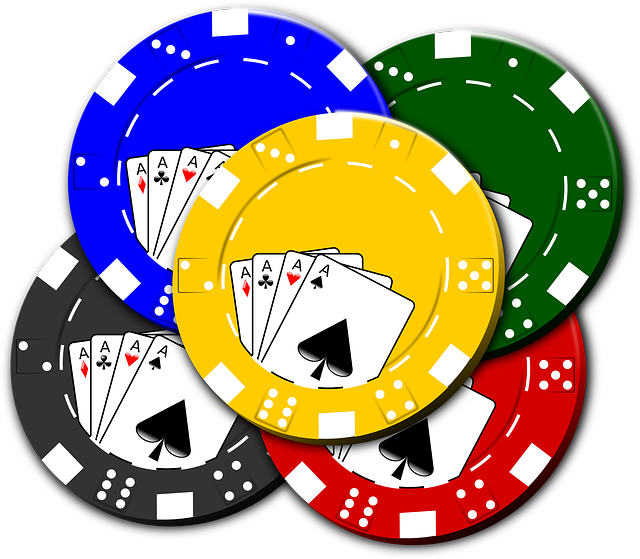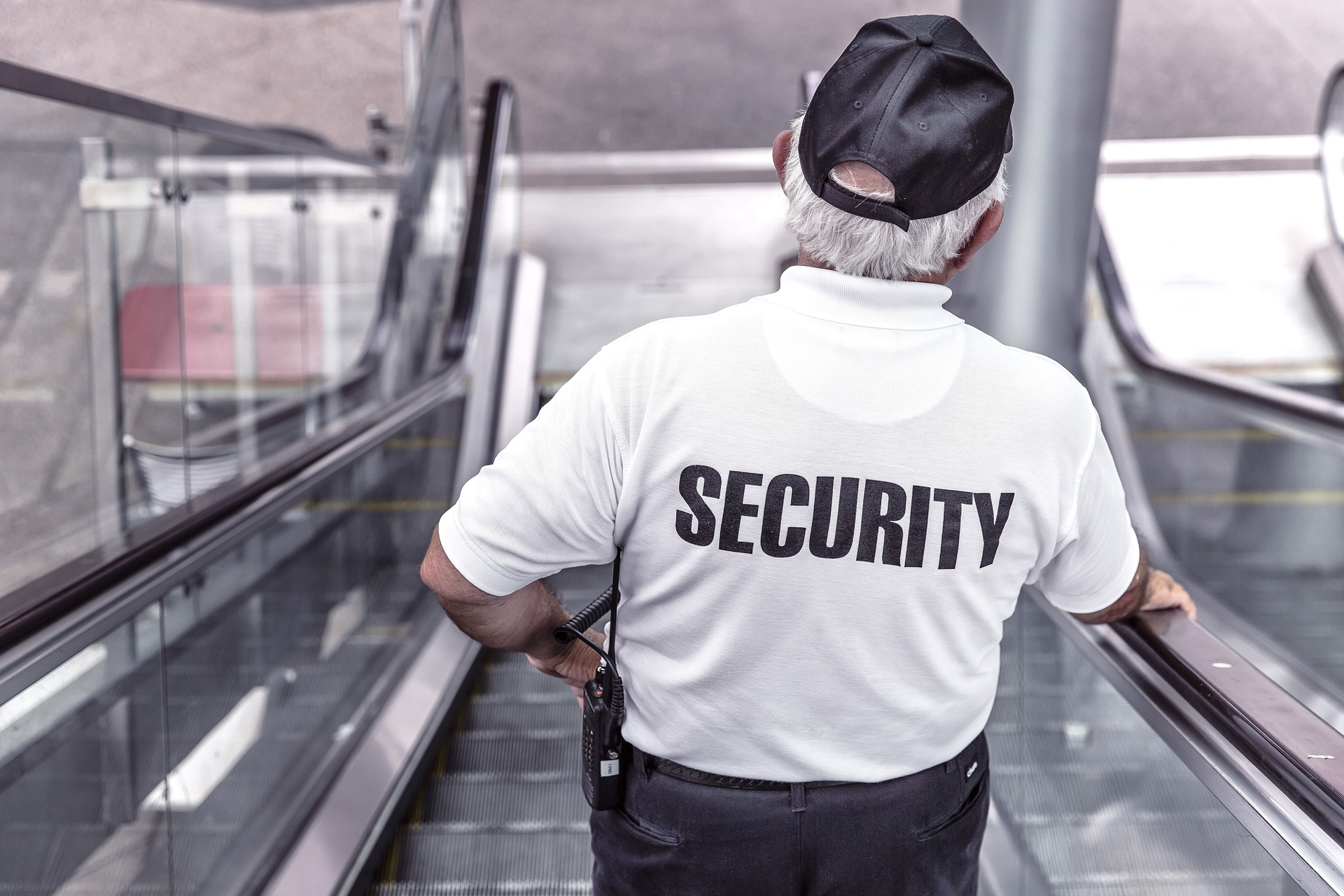Gambling, a pastime enjoyed by many, is often seen as a thrilling way to test one's luck and potentially reap financial rewards. However, beneath the surface of this seemingly harmless activity lies a complex web of ethical considerations. While gambling can offer entertainment and social engagement, it also presents the risk of addiction and financial ruin.
This article delves into the ethical dimensions of gambling, exploring its potential harms, the importance of responsible play, and the tools available to ensure a balanced approach.
Between Pleasure and Peril
Gambling, for many, is a form of entertainment — a way to unwind, socialize, and experience the thrill of the unknown. Casinos, with their dazzling lights and promise of riches, attract millions of visitors each year. Yet, it's essential to recognize that this allure can be a double-edged sword.
For some individuals, what starts as an occasional flutter can escalate into a compulsive need, leading to financial hardships, strained relationships, and mental health issues. The consideration of gambling as an immoral act is often rooted in religious beliefs and the stigma associated with obtaining money without effort. Moreover, the potential for addiction and the exploitation of vulnerable individuals raise significant ethical concerns.
While gambling can serve as a source of entertainment, it's crucial to be aware of its potential pitfalls and the ethical concerns surrounding it.
The Art of Responsible Gambling
If one chooses to engage in gambling, it's paramount to do so responsibly. Here are some guidelines to ensure a balanced approach:
- Set a Budget: Decide on a specific amount you're willing to lose and stick to it.
- Time Management: Allocate a set amount of time for gambling and avoid exceeding it.
- Stay Informed: Understand the odds and the rules of the game.
- Avoid Chasing Losses: Accept losses as part of the game and resist the urge to recover them.
- Seek Help: If you feel you're losing control, seek professional assistance.
Responsible gambling is about setting boundaries and being informed. By adhering to these guidelines, one can enjoy the activity without falling into its potential traps.
Tools for Responsible Gambling
To support individuals in their quest for responsible gambling, various tools and resources are available. Here's a table outlining some of these tools:
| Tool | Description |
|---|---|
| Self-exclusion programs | Allows individuals to ban themselves from gambling venues or sites |
| Deposit limits | Set a maximum amount that can be deposited in a given timeframe |
| Time-out periods | Temporary breaks from gambling to reassess and regain control |
| Reality checks | Notifications about the time spent gambling and potential losses |
| Counseling services | Professional assistance for those struggling with gambling issues |
With the right tools and resources, individuals can navigate the world of gambling responsibly, ensuring they remain in control and make informed decisions.
Obligations in Upholding Ethical and Responsible Gaming
The realm of gambling is not just about luck and chance; it's also about responsibility, ethics, and adherence to laws. Ensuring that gambling remains a safe and enjoyable activity for all requires a collective effort from various stakeholders. Here's a breakdown of who's obliged to uphold these standards:
Gambling Operators and Establishments
- They are at the forefront of the gambling industry and bear the primary responsibility.
- They must ensure that their games are fair, transparent, and operate within the confines of the law.
- Providing tools for responsible gambling, such as self-exclusion options, deposit limits, and reality checks, is a crucial part of their duty.
- They should also offer resources and support for those who may be struggling with gambling addiction.
Regulatory Bodies and Governments
- Governments and regulatory authorities play a pivotal role in setting the legal framework for gambling.
- They are responsible for issuing licenses, monitoring operations, and ensuring that establishments adhere to the set guidelines.
- Regular audits, penalties for non-compliance, and public awareness campaigns about responsible gambling often fall under their purview.
Advertising Agencies and Media Outlets
- The way gambling is portrayed in media and advertisements can significantly influence public perception.
- Ad agencies and media outlets must ensure that their content does not glamorize excessive gambling or target vulnerable populations.
- Advertisements should always include messages about responsible gambling and where to seek help if needed.
Finally, in the intricate world of gambling, the shimmer of excitement and potential rewards is juxtaposed with the shadows of ethical dilemmas and potential pitfalls. While the thrill of the game is undeniable, it's imperative to approach it with a lens of responsibility and awareness.
The onus of ensuring a balanced and ethical gambling environment doesn't rest on a single entity but is a collective endeavor. From operators to regulatory bodies, from advertisers to the gamblers themselves, each stakeholder has a pivotal role in shaping a landscape where entertainment doesn't come at the cost of well-being. As we navigate this realm, it's essential to remember that the true essence of gambling lies not just in winning but in playing responsibly, ethically, and within the boundaries of both law and personal limits.




